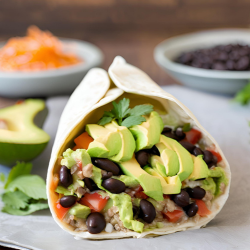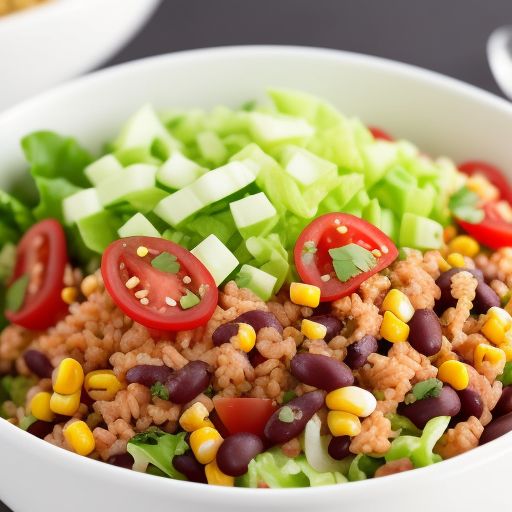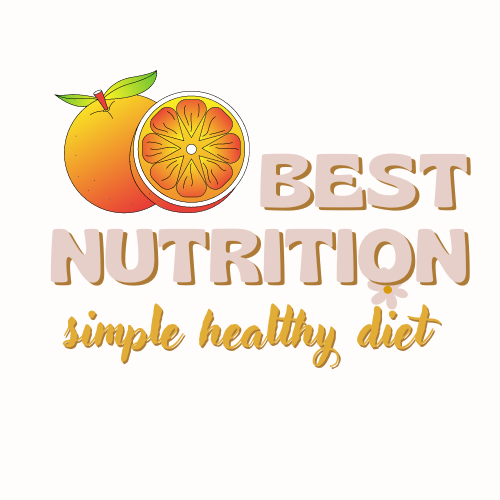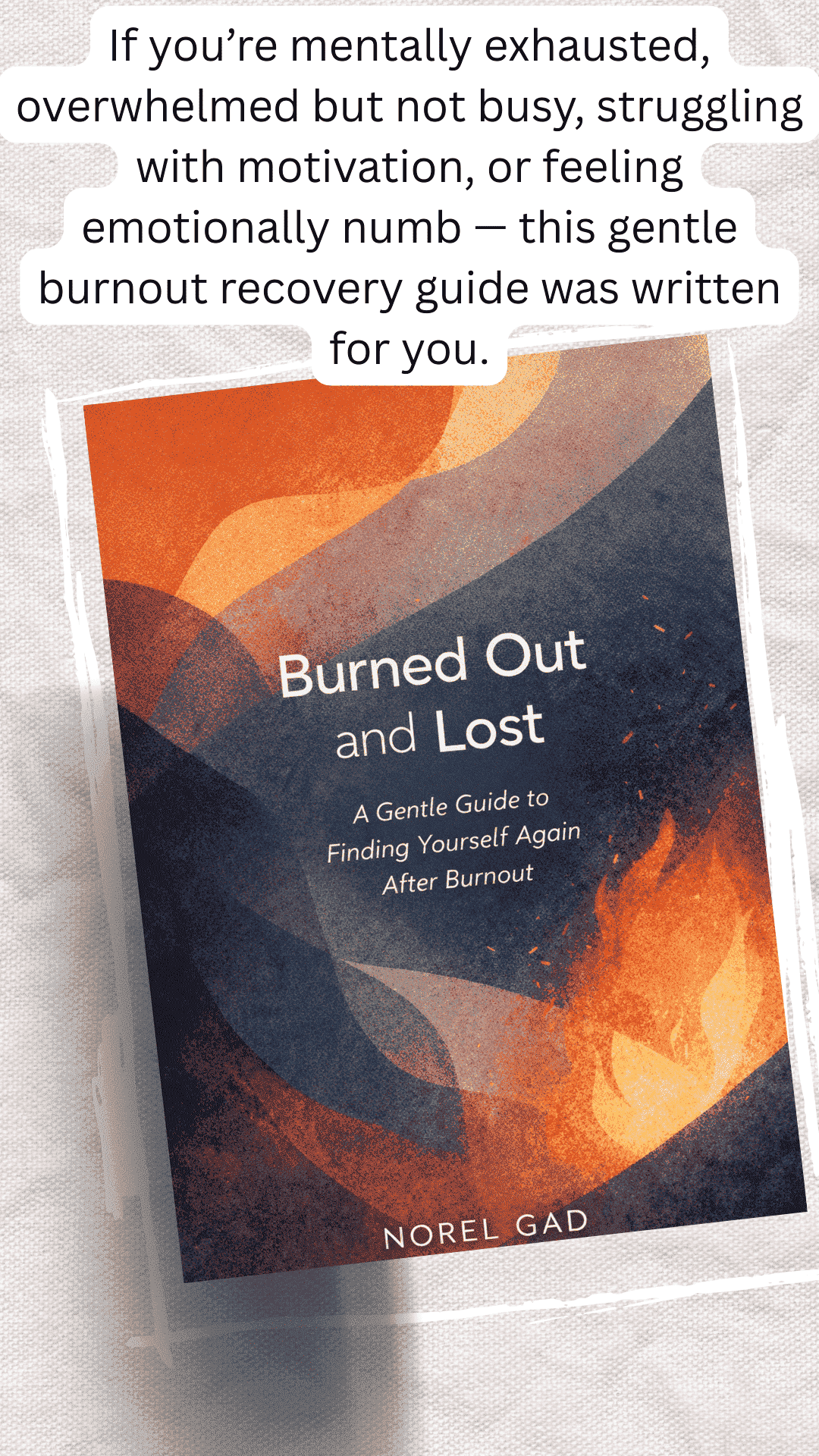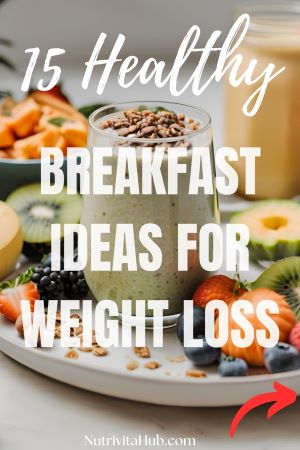A recent study found that 73% of Americans are turning to a plant-based diet. This move is to enjoy its many benefits. If you’re starting out, welcome to a healthier lifestyle. You can look forward to better digestion, the possibility of losing weight, and feeling more energetic. With a smart plant-based diet, you’re set to meet your health goals and lower the risks of various illnesses.
Choosing plant-based means you get lots of essential nutrients through your meals. Fruits, veggies, grains, legumes, and more are full of vitamins and antioxidants. Making meals from these foods can be easy and enjoyable. What’s even better is that eating this way doesn’t have to cost a lot. It can actually save you money, especially when you mainly eat whole, natural plant foods.
Key Takeaways
- A plant-based diet offers a wealth of health benefits, including improved digestion, weight loss potential, and increased energy levels.
- Plant-based foods are nutrient-rich, providing essential vitamins, minerals, and antioxidants.
- Meal preparation on a plant-based diet can be easy and straightforward.
- A plant-based diet can be a cost-effective lifestyle choice with the right strategies.
- Transitioning to a plant-based diet can have positive environmental and ethical implications.
Understanding the Basics of a Plant-Based Diet
Switching to a plant-based diet can greatly benefit you. It’s key to understand some basics to ensure you get all you need. Start by looking at vitamins like B12 and where to find protein from plants.
Essential Nutrients to Consider
Vitamin B12 is very important for your body’s health, especially blood and nerves. You can get it from foods like nutritional yeast or a supplement. Don’t forget to eat plenty of plant proteins from foods like lentils, beans, and nuts. This helps to meet your daily needs.
Building a Balanced Meal Plan
Creating a good plant-based meal plan is vital. The first source offers a sample meal plan for a week filled with tasty, plant-based foods. This sample can guide you to ensure a mix of fruits, veggies, grains, fats, and proteins.
Plant-Based Shopping List
Having a great plant-based grocery list is very helpful. The first source gives a list full of fresh produce, grains, legumes, and more. With these items in your kitchen, you can make many healthy, plant-based dishes.
The second source helps with planning and budgeting. It shares tips to save on fruits and veggies, use affordable pantry items, and choose cheap plant-based meats if you like.
Health Benefits of a Plant-Based Diet
Eating plant-based can greatly boost your health. It can aid in digestion, help you lose weight, boost energy, and lower disease risks. A well-planned plant-based diet brings many advantages according to the third source. It improves digestion, helps with weight management, boosts energy, and reduces the risk of diseases.
Improved Digestion
A plant-based diet is great for your stomach. The fiber in plants keeps your gut healthy. This helps to avoid issues like bloating and constipation. Eating plant foods rich in nutrients can make your digestion and nutrient absorption much better.
Weight Loss Potential
Want to lose weight in a healthy way? A plant-based diet might be just the thing. Plant foods are full of fiber, which keeps you feeling full. This makes it less likely you’ll overeat. Plus, they help with inflammation, which can aid in weight loss over time.
Increased Energy Levels
Going plant-based can also skyrocket your energy. Nutrient-rich plant foods like grains, legumes, and veggies keep you going. With these foods, you’ll have more stamina, better focus, and a general feeling of liveliness.
Reduced Risk of Chronic Diseases
One big plus of a plant-based diet is its heart-protective and anti-cancer effects. Plant foods are full of antioxidants and anti-inflammatories. This helps guard against diseases like heart problems, diabetes, and cancer. So, choosing a plant diet is a smart move for your long-term health.
Benefits of a plant-based diet for beginners
Starting a plant-based diet comes with many benefits. One key advantage is how rich in nutrients these foods are. They include lots of vitamins, minerals, fiber, and antioxidants, which help your body stay healthy.
Nutrient-Rich Foods
A plant-based diet is full of fruits, veggies, grains, legumes, nuts, and seeds. These foods are loaded with nutrients. Eating them helps your body get what it needs for good health. This can improve your digestion, help with weight loss, and boost your energy levels.
Easy Meal Preparation
Plant-based meals are easy to make, which is great for beginners. You can find many simple recipes. This lets you make tasty meals that suit your preferences and needs. The first source offers a sample weekly meal plan. It includes nutritious and budget-friendly plant-based choices. This makes switching to a plant-based diet smoother.
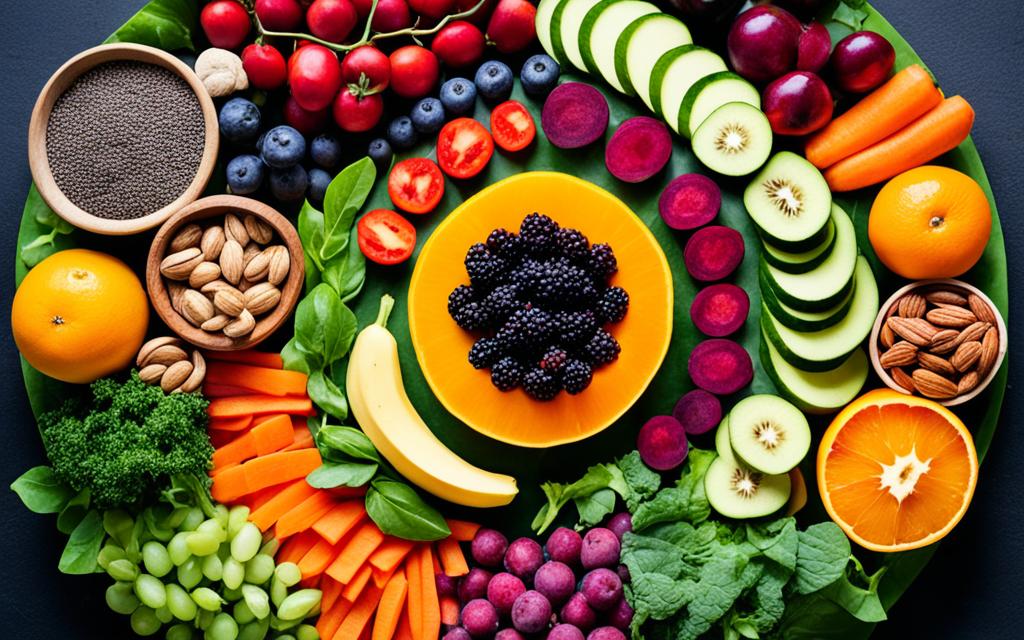
Budgeting for a Plant-Based Diet
Thinking about a plant-based diet? Making it budget-friendly is doable. You can eat well without spending too much. Here are some tips to help save on your veggie adventure.
Saving Money on Produce
Looking for ways to cut down on fruits and veggies cost? Buying what’s in season is a smart start. It’s usually cheaper. Join a CSA farm share to get local produce at a discount.
If you’ve got a bit of space, growing your own food is great. It trims your grocery bill and lets you enjoy fresh produce.
Cost-Effective Pantry Staples
Stock up on things like whole-grains, legumes, nuts, and seeds. It’s budget-wise and key to a plant-based diet. Shop in the bulk section to save. Your pantry will be ready for tasty, affordable meals.
Plant-Based Alternatives
Plant meats can be easy but pricey. Use them as a treat, not an everyday meat replacement. Choose from a variety of plant proteins. Lentils, beans, and tofu are pocket-friendly and good for you.
With these tips, a plant-based diet can fit any budget. Be creative and plan ahead. You can eat well and save money at the same time.
Environmental and Ethical Considerations
A plant-based diet for beginners is not only good for you but also for the planet. It makes a big difference in saving the environment and helps animals too. By choosing to eat more plant-based foods, you choose to do good for the earth.
Reducing Your Carbon Footprint
Plant-based foods are better for the environment. They use less energy to produce. Eating fruits, vegetables, grains, and legumes causes less damage to the earth than eating meats does.
Animal Welfare Concerns
Choosing a plant-based diet also means you stand up for animals. You help stop the suffering of animals for food. This is an important step towards a kinder world for all creatures.
Conclusion
To start, shifting to a plant-based diet is great for newbies. It brings better digestion and a chance to shed some pounds. It also boosts your energy and cuts the risk of sickness. Knowing how to get essential nutrients, plan meals right, and save money is key. This way, starting a plant-based diet becomes easy, cheap, and good for the earth.
Eating plant-based also helps the planet and animals. It lowers your carbon footprint and cares for animal rights. With some good tips and a bit of trying new things, anyone can make this diet work in their life. The benefits are there for all to see.
Choosing a plant-based lifestyle can change a lot. It helps you, the planet, and those you share it with. It’s more than just a way of eating. It leads to a happier, healthier, and mindful life. So, start this journey and see how it brings positive change all around you.
FAQ
What are the essential nutrients to consider when following a plant-based diet?
How can I build a balanced meal plan with a plant-based diet?
What are the potential health benefits of a plant-based diet?
How can a plant-based diet be budget-friendly?
What are the environmental and ethical considerations of a plant-based diet?
Source Links
- https://www.downtoearth.org/blogs/2022-01/7-day-plant-based-meal-plan-beginners
- https://www.eatingwell.com/article/291272/vegan-weight-loss-meal-plan-on-a-budget/
- https://www.foodnetwork.com/healthy/packages/healthy-eating-on-a-budget/how-to-eat-plant-based-on-a-budget
